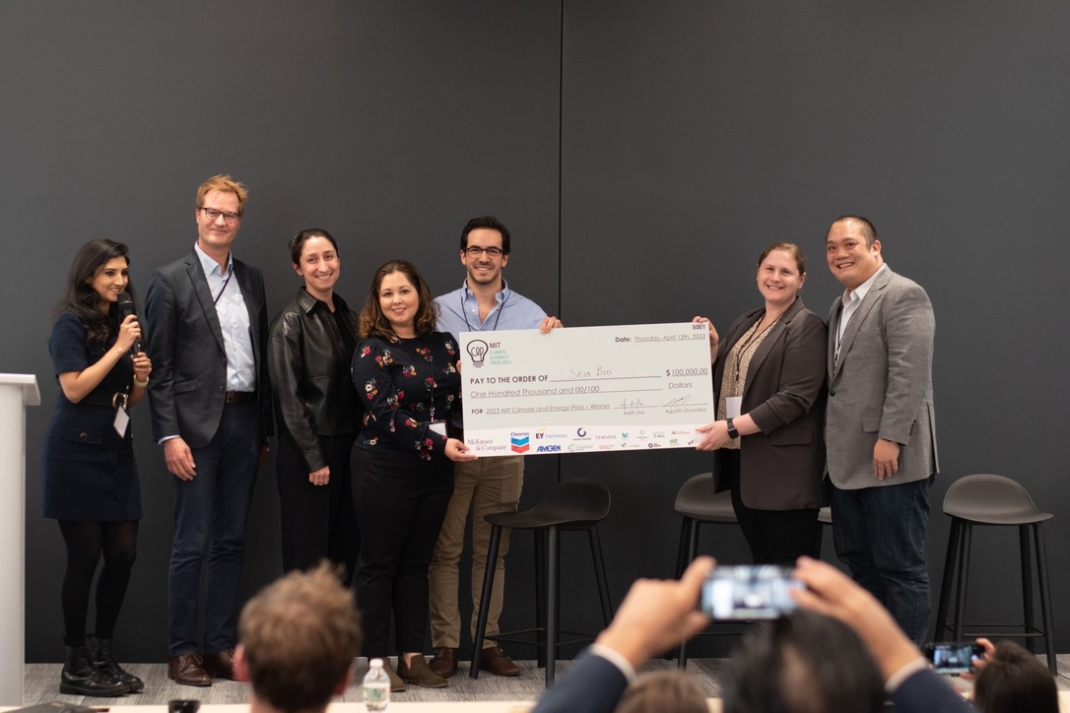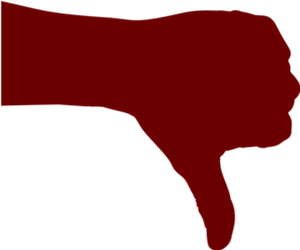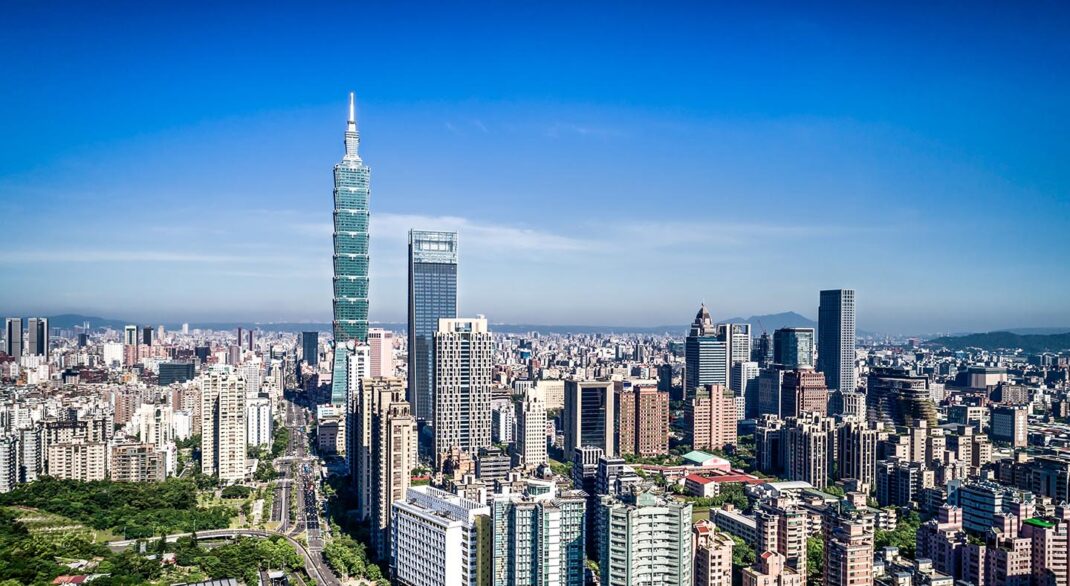Happy May! Spring has sprung and the flowers in California are blooming – so much so, that you can even see them from space! As the spring semester is winding down and I will be back at UC Berkeley in just a few months for my class on Connected Life, I want to center this edition around all the ways that a connected life affects us daily, even in ways that we don’t always see.
In this edition of Digigram:
#1: Connected Life. Online. Everybody, everything, everywhere, all the time: Everybody and everything is now online all the time. This is how a majority of us live our lives today: Connected! This is enabled by technologies. Innovations that were once a pipedream of human ingenuity relegated to sci-fi novels and utopian thought exercises are now our daily reality. But in creating these solutions, questions, and considerations arise. Will these technologies really enhance everyday life for everybody?
#2: A deeper look at the humanitarian impacts of a connected life: What is the role of entrepreneurs in creating technology that can solve some of the hardest problems in the world, such as humanitarian crises or environmental disasters? Yannick Heiniger is a Senior Technology Diplomacy and Cyber Advisor for the Swiss foreign ministry in San Francisco. Why? Because in today’s connected life, world politics is shaping Tech, and Tech is shaping politics.
#3: State of the Metaverse… metawhat??? Remember when there was a lot of buzz about the metaverse? But ask a random person on the street today what it all means, and you’ll get dozens of different answers. There definitely less buzz around the metawhat??? In my opinion, it has only been old wine in new bottles so far.
+++
Top of the Month

Drumroll: The MIT Climate & Energy Prize winners are:
1st Place ($100,000) – Seia Bio, replacing chemical fertilizer with microbes that are protected by a coating to survive transportation. By founders Tim Mui of MIT and Ariel Furst, Professor at MIT (and UC Berkeley alum – Go Bears!). Seia Bio also won the $5000 special prize offered by the Massachusetts Clean Energy Center.
2nd Place ($30,000) – Arbon, creating new materials that capture CO2 directly from the air when dry and release it – e.g. to storage – when wet. By founders Elvis Cao of MIT and Xiaoyang Shi of Columbia University.
3rd Place ($10,000) – Simon Cycle, whose technology needs 80% less energy to upcycle used PET plastics to “as new” quality. By founders Stwart Pena Feliz of MIT and Jan-Georg Rosenboom, a postdoc at MIT (who told me he had the idea during his Ph.D. at ETH Zurich University. If you know me you know that I got a kick out of this!)
The special Ocean Innovation Prize ($15,000) went to PRONOE, enhancing the alkalinity of ocean waters so they absorb more CO2. By founders Nicolas Sdez and Juan Buceta of INSEAD France.

The winners of the 2023 MIT Climate & Energy Prize. The presidents of the organizing committee and representatives of the main sponsors, Chevron and McKinsey & Company. Boston, April 13, 2023.
Flop of the month

Italy’s “Open to meraviglia” not-so-wonderfully executed tourism campaign where an AI-generated Venus is supposed to become an Italy-promoting influencer. It turned into a guide on how to flop in online marketing. How bad? Think “Emily in Paris” stuck in stock images not taken in Italy, drinking wine also not from Italy. Oh, and they even forgot to buy the domain name. Online karma followed immediately. Here’s a background analysis. Or go straight to Insta and enjoy the memes…


Meet me here


Digigram and I will take a break over the summer. I look forward to visiting my in-laws in Taiwan for the first time since COVID. Meet me at the top of the Taipei 101 skyscraper or join me to taste the world’s best dumplings at Din Tai Fung Restaurant or let’s share some shopping therapy in Shemending District.


Thank you for the interesting material, it captivated and interested me. betpawa